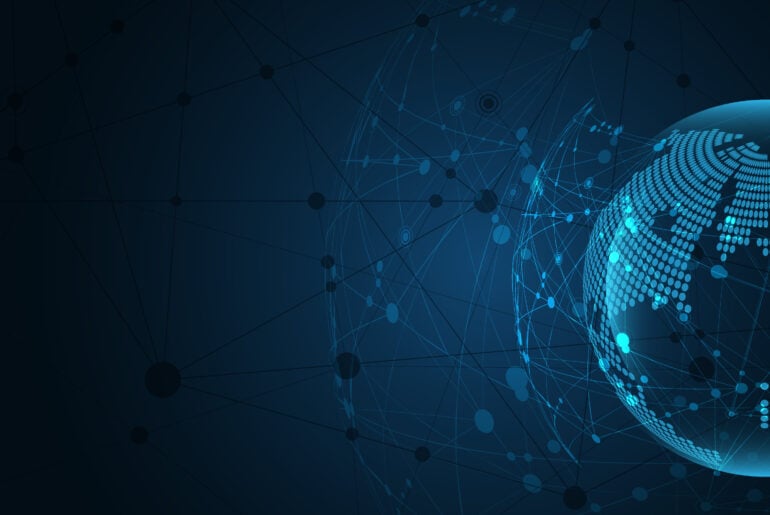Latin America is experiencing a dynamic shift in its regulatory environment, particularly in the technology sector. Countries across the region are actively updating and introducing new laws to address the rapid advancements in technology and the growing importance of data protection, cybersecurity, and digital finance. These developments are crucial for fostering innovation, ensuring consumer protection, and maintaining competitive markets in the region. Our regional round-up outlines the key legislative and regulatory changes shaping the tech…
In Brief Telecommunications concessions and authorization holders and other companies that own or use telecommunications or broadcasting infrastructure must provide certain information to the Federal Telecommunications Institute through the National Information and Infrastructure System (Sistema Nacional de Información e Infraestructura (SNII)). The obligation to report such information is effective as of July 2024. The SNII is a database that will contain information on active infrastructure and means of transmission, passive infrastructure, rights of way and public…
28 January 2024 is Data Protection Day (or Data Privacy Day outside of Europe), which marks the anniversary of the Council of Europe’s Convention 108. Data Privacy Day encourages the global community to think about the importance of respecting privacy, safeguarding data, and enabling trust. In an increasingly connected and digitized world, where data protection, privacy and cybersecurity regulation are rapidly evolving, the work of the global data community is more vital, and more challenging,…
28 January 2023 is Data Protection Day (or Data Privacy Day outside of Europe), which marks the anniversary of the Council of Europe’s Convention 108. To mark Data Protection Day 2023, Baker McKenzie’s Global Data Privacy and Security Team is pleased to present this special edition update of key data protection and privacy developments and trends across the globe, as well summarising future legislative changes, predictions, and enforcement priorities to look out for during 2023.…
Friday 28 January 2022 is Data Protection Day (or Data Privacy Day outside of Europe), which marks the anniversary of the Council of Europe’s Convention 108. To mark Data Protection Day 2022, our Global Data Privacy and Security Team have provided a roundup of key trends and developments across the globe from a data protection perspective as well as looking ahead to what to expect in 2022. There are new laws and developments to keep…
In this episode, Harry Valetk, is joined by Carlos Dávila-Peniche, based in Mexico City and Daniel Villanueva, based in Guadalajara, to discuss consumer protection in video games with a special focus on age ratings. Join us to hear more about how to meet challenges around age ratings, global classifications, localization expectations, how to comply with age ratings in app stores or console purchases, and much more.
The 43rd edition of the Global Privacy Assembly, GPA Mexico 2021 co-sponsored by Baker McKenzie, kicked off Monday with a full slate of virtual presentations and discussions. The program included speakers from regulators and data protection authorities, the private sector, think tanks and advocacy groups, NGOs, and academia—and covered topics ranging from facial recognition to the impact of data protection on marginalized communities. In case you weren’t able to catch the proceedings we’ve compiled some…
The 43rd edition of the Global Privacy Assembly, GPA Mexico 2021 co-sponsored by Baker McKenzie, kicked off Monday with a full slate of virtual presentations and discussions. The program included speakers from regulators and data protection authorities, the private sector, think tanks and advocacy groups, NGOs, and academia—and covered topics ranging from facial recognition to the impact of data protection on marginalized communities. In case you weren’t able to catch the proceedings we’ve compiled some…
1. Legal Basis Under Articles 138 and 136 of the General Health Law, the employer is obliged to notify health authorities of suspected and confirmed cases of COVID-19. As a result, the processing of personal sensitive data as health data in the workplace may be necessary. Personal data should be processed for specified and explicit purposes. This means that in order to comply with the obligation relating to health and safety at the workplace, minimum…







